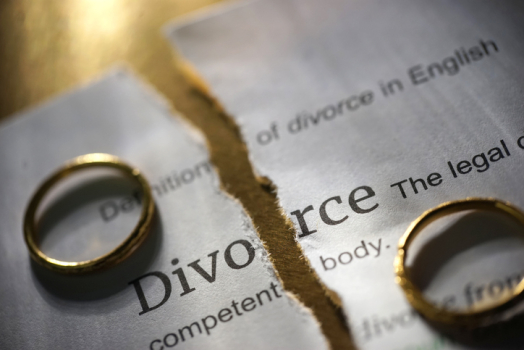
Is early mediation a good idea?

I recently mediated two custody cases, both of which were on an upcoming docket for a Temporary Hearing, and one came to a complete resolution of all issue, and one did not agree upon anything. What was the difference?
Cases that can (and should) settle early are cases where there is a degree of trust between the parties, and little dispute over the facts. The financial estate is defined and generally agreed upon, and its apportionment is simply a matter of give and take, debits and credits from one side to the other. Both parties are employed so that support is not a major issue, and while one or both may have concerns about the other's parenting method, they co-parent reasonably well and are willing to work out their differences in a written parenting plan.
Other cases are not suitable for early mediation, and no matter who the mediator, they will not settle. These are cases involving custody of small children between unmarried couples who really do not know each other well, or married couples with significant trust issues, almost always relating to marital fault. Cases involving complicated financial issues such as property valuations, unclear or disorderly financial estate, and long term support issues are also likely to not settle in an early mediation.
As a result of lack of trust and/ or bad behavior by one of the parties, a party may feel justified to be steadfast and uncompromising in their position. These folks will say things like "I know the judge will/won't do 'X' " once the judge hears their side of the story.
When a person feels vindicated and righteous in their case, it is very hard to get them to give something to the other party in order to reach a settlement. They are certain they are going to "win" regardless of what the mediator or others may tell them. Even the cost of the suit will not dissuade as we are assured they will "get the money" necessary to fund the litigation.
With these cases it is best in my opinion to submit the interim/ early contested issues to a judge at a temporary hearing. A well prepared and argued temporary hearing will usually provide an order that reveals the strengths and weaknesses of each party's case. Once discovery has been completed and a guardian (if necessary) has conducted an initial investigation, the matter will be ripe for mediation. By this time, many litigants will be brought back to reality by the litigation process. They will see that for every point they make, a counterpoint is being made by the other party. No one is getting any leverage and it appears that resistance to a mediated agreement at this point is futile, its just a matter or working out the terms.
So the moral if this story is that early mediations can be a very good way to reduce the suffering of our clients, but only in appropriate cases cases.




